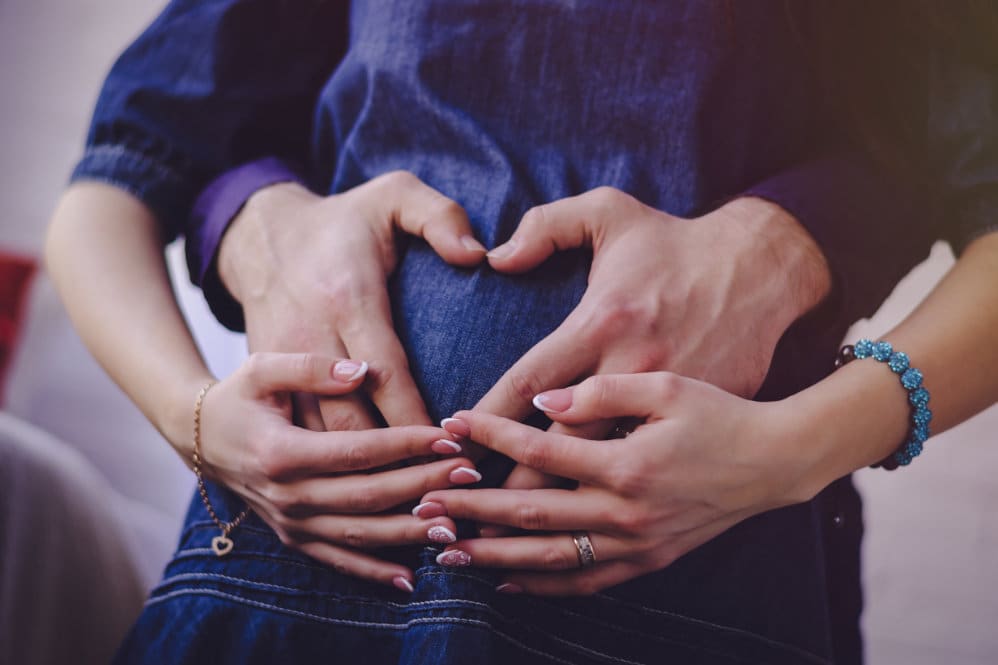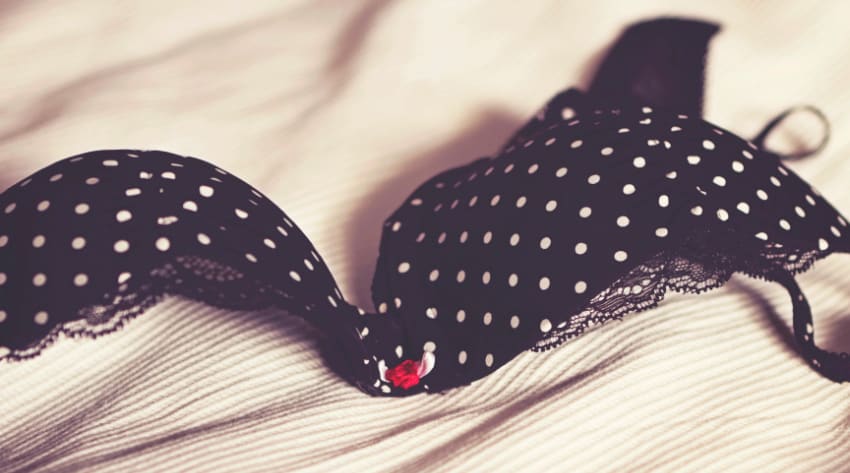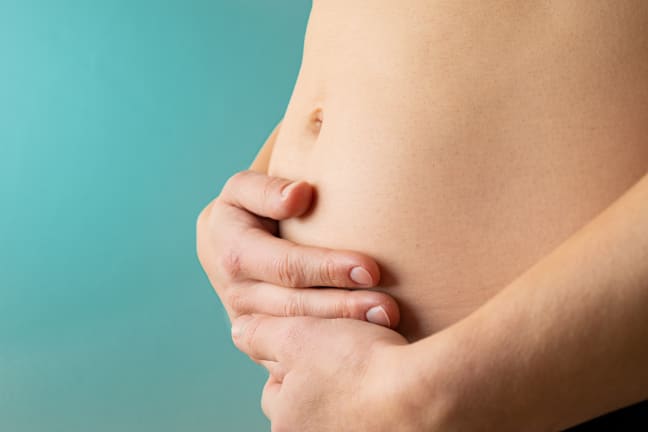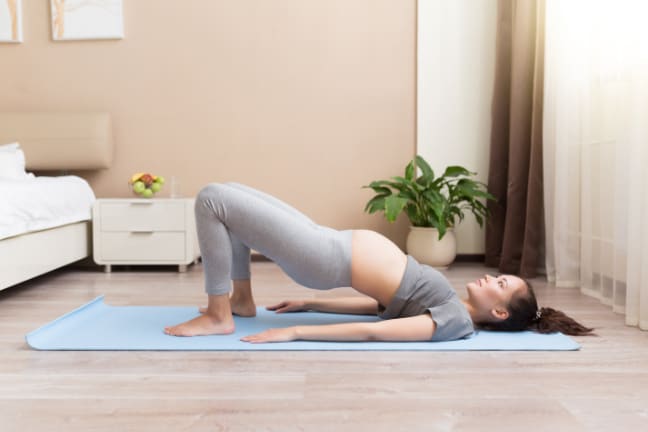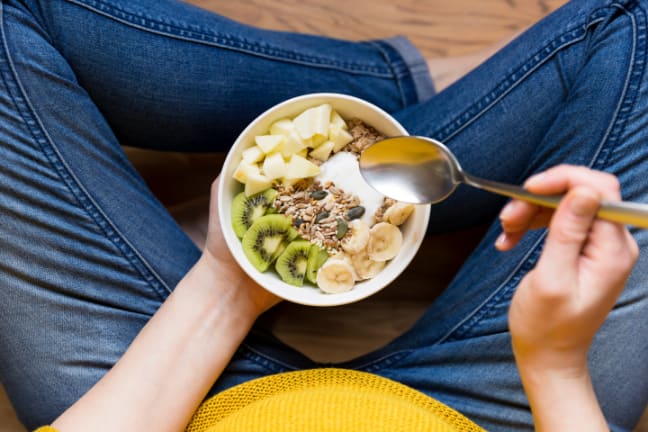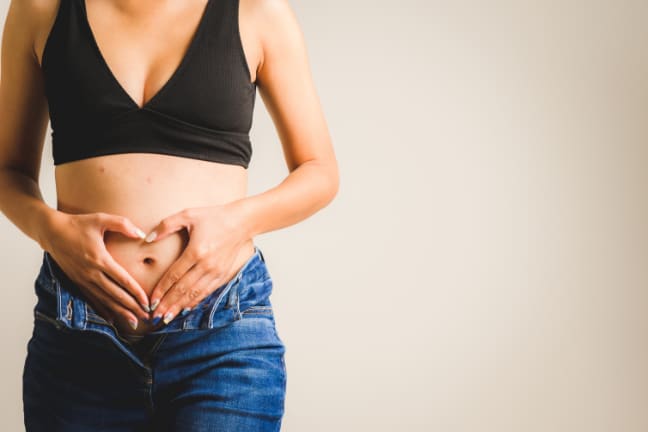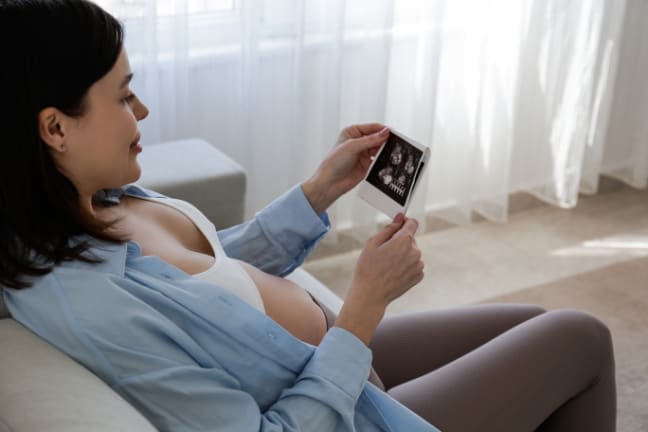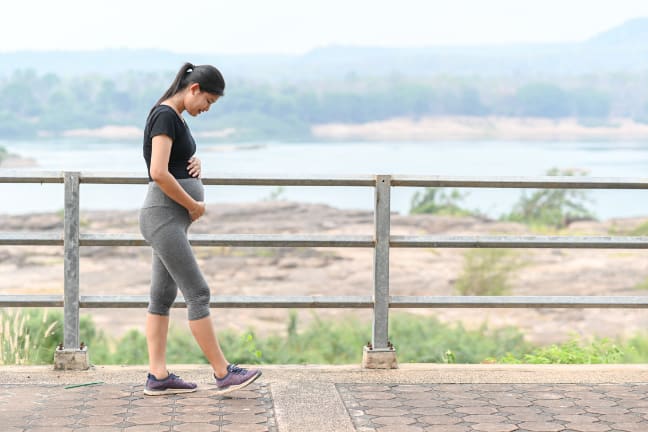Introduction
The second trimester is when you start to see the positive pregnancy symptoms such as glowing skin, thick hair and a lot more energy. Your face could be in one of those skincare ads, enjoy your glowing complexion while it lasts. Feeling perkier at 13 weeks pregnant? Time to book that couples break away. It could be the last for a while. You don’t have to go away, but it would be nice to spend some time just the two of you before baby arrives. Read more on what to expect at 13 weeks pregnant.
What happens at 13 weeks pregnant?
Your mini-me is now developing vocal chords and has the cutest little set of lungs. Baby will soon start to take their first few breaths, sort of – they’re surrounded by amniotic fluid so oxygen comes in their blood from the umbilical cord. A bit like breathing under water.
At 13 weeks pregnant, baby is thicker skinned now – literally, but it’s still very transparent with all their veins and organs showing. Baby is also beginning to create melanin, which will eventually determine their skin colour. Although most babies take almost a year after birth to reach their natural tone.
At 13 weeks pregnant, your baby’s skeleton is starting to develop with the clavicle, aka collar bone, and femur, aka thigh bone, being the first bones to develop.
What to eat at 13 weeks pregnant?
The second trimester is all about growth – and calcium in pregnancy is important for baby’s growing bones, teeth and muscles.
You’ll probably find it quite easy to get calcium into your pregnancy diet. It’s in most forms of dairy: milk, cheese and yoghurt. It’s recommended to avoid blue or mould-ripened cheese as these can carry listeria. It’s rare but not worth the risk when you’re 13 weeks pregnant.
If you’re vegan you can find calcium in leafy greens and tofu. Many non-dairy milks are fortified with calcium so have a quick check of the labels.
To help absorb calcium, you need Vitamin D. The recommended daily amount is 10 micrograms – in theory you should be able to get enough from natural sunlight but in the UK and Ireland many people are vitamin D deficient. So, while you’re pregnant it’s recommended to take a supplement. Bear in mind the darker your skin the more vitamin D you need. Talk to your doctor or midwife if you’re unsure. In the meantime, get out and about in the sunshine while you’ve still got a bit of skip in your step.
What are the symptoms of 13 weeks pregnant?
Phew. At 13 weeks pregnant, you’ve finally made it to the second trimester, one of the most popular of all trimesters. It’s usually around now that things start to look up. Energy levels are up, nausea is down and nicer symptoms emerge. A big thank-you to your pregnancy hormones for your thicker hair, long nails and glowing skin. Those hormones stimulate your metabolism making your complexion look wonderful.
So you’re feeling perkier and prettier? Now’s the time for city breaks, theatre trips and dining out because soon your little human will be calling the shots. If you do fancy a trip somewhere nice take a little extra care of yourself. For example, check with your midwife about any travel vaccinations that may be needed as not all are safe during pregnancy. It’s also well worth checking that your destination has adequate healthcare facilities. Take your medical records with you too, so you can give doctors all the information they need, if anything unexpected does happen. Also, if you’re going abroad, make sure your travel insurance covers any pregnancy-related medical care you may need.
If you are saving the pennies for when baby arrives, a city break could feel a bit unnecessary. The most important thing is to just spend some time together as a couple. So why not book some time off work and do some fun things together locally. Picnic in the park, watch a film at your local cinema, go to your local café or pub for a nice lunch. It doesn’t have to cost a lot, but you will be glad of some quality time together.
And when you’re getting dolled up to go out or you have noticed a couple of temporary pregnancy brown spots, all’s good, help is at hand, check out our pregnancy skincare and makeup tips.
When to start wearing maternity bra?
You’ve probably managed without maternity clothes so far. And you might still have a bit of time before you need more breathing room in your waistbands. But it’s a good idea to start thinking about maternity bras with these tips in mind:
-
Comfortable support bras, with adjustable straps and no underwires if possible and plenty of flex as nothing should pinch your growing breasts
-
A proper bra fitting to ensure you get the correct size and fit
-
Be ready to change and have another fitting after a few weeks, as you might need a larger size
-
No need to get a full-blown pregnancy or breastfeeding bra just yet



